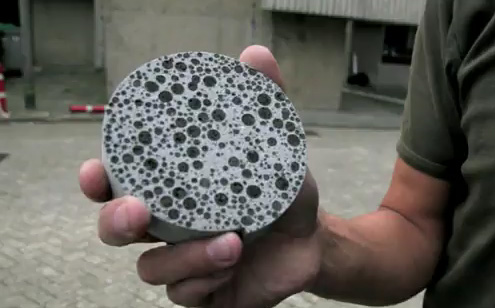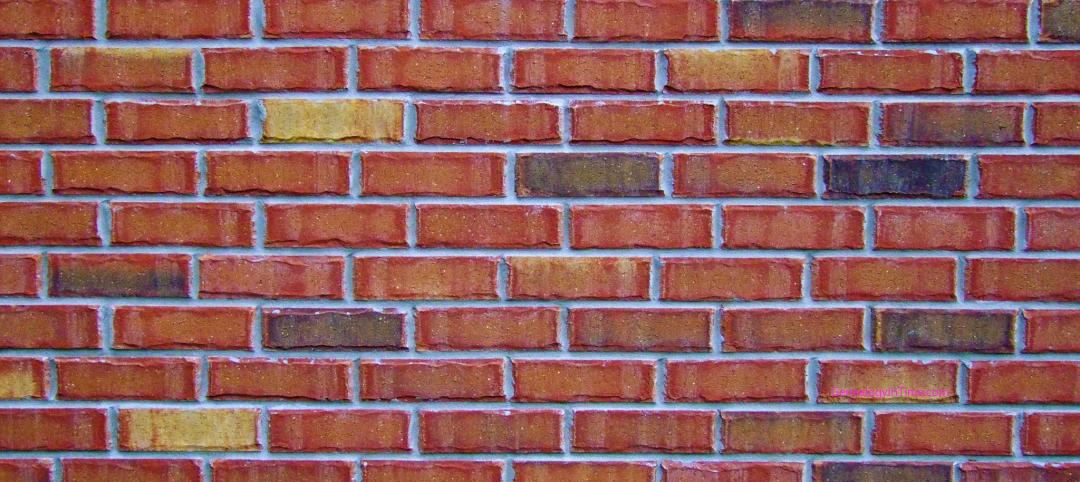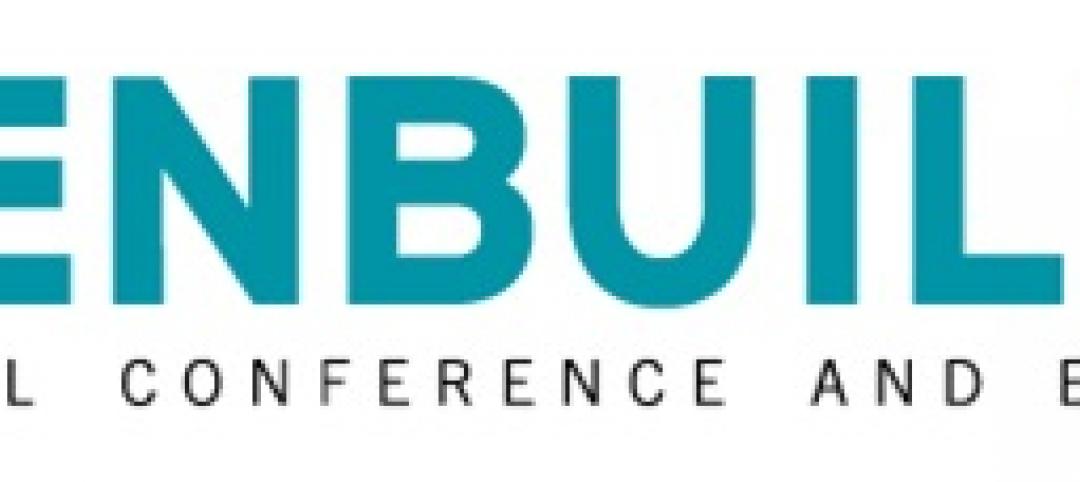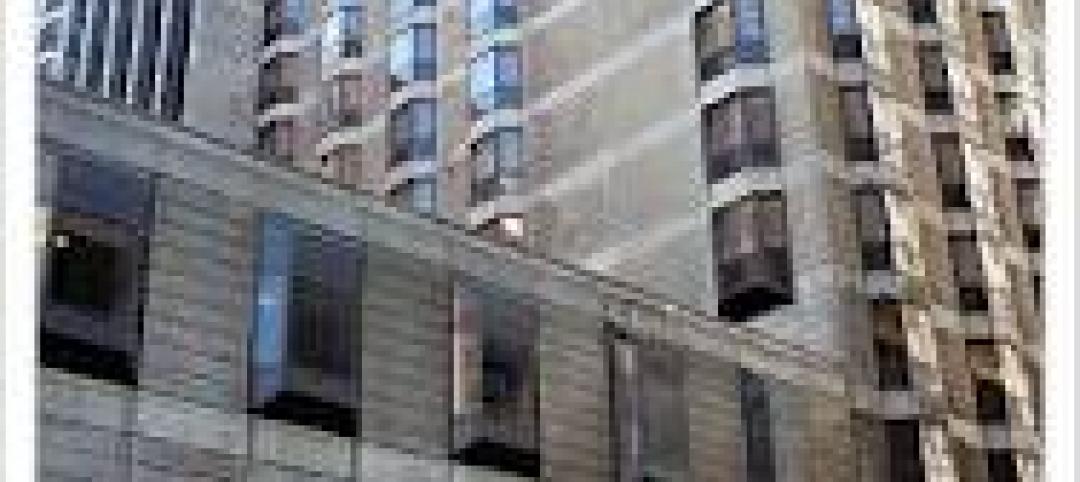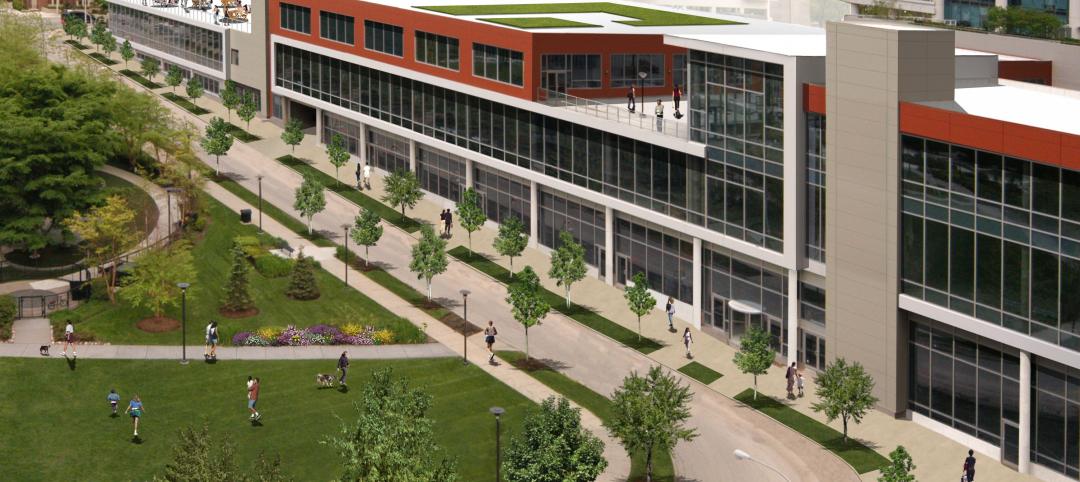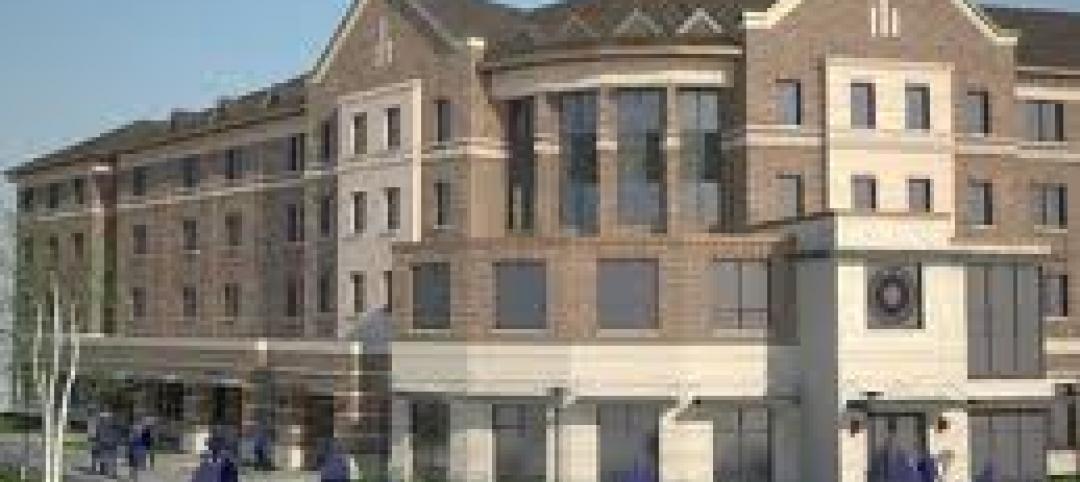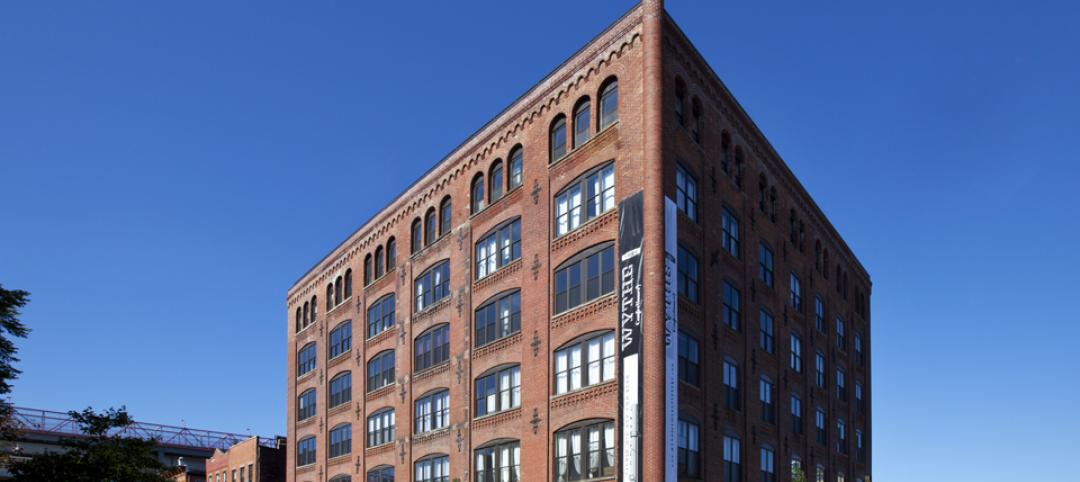Two researchers from Delft Technical University in Holland have developed a self-healing cement that can stop microcracks from forming in concrete. The material incorporates alkaphilic bacterial spores (which thrive in the alkaline environment of concrete) plus a feeder material. When water infiltrates concrete, the spores are activated and convert the feed into limestone, sealing the crack and preventing larger cracks from forming.
Microbiologist Henk Jonkers and concrete-development specialist Eric Schlangen have been working on the project since 2006. Basements, tunnels, and transportation infrastructure are among the proposed wet environments that could benefit from the innovation, which may be commercialized in four to five years. Scientists from the South Dakota School of Mines and Technology are now cooperating in the project.
(http://www.citg.tudelft.nl//index.php?id=17205)
Dutch microbiologist Henk Jonkers explains "bioconcrete" technology:
http://www.youtube.com/watch?feature=player_embedded&v=PyBR3PDPa-c
Related Stories
| Oct 6, 2011
GREENBUILD 2011: Growing green building market supports 661,000 green jobs in the U.S.
Green jobs are already an important part of the construction labor workforce, and signs are that they will become industry standard.
| Oct 5, 2011
GREENBUILD 2011: Brick offers growing options for sustainable building design
Brick exteriors, interiors and landscaping options can increase sustainability that also helps earn LEED certification.
| Oct 4, 2011
GREENBUILD 2011
Click here for the latest news and products from Greenbuild 2011, Oct. 4-7, in Toronto.
| Oct 4, 2011
GREENBUILD 2011: Methods, impacts, and opportunities in the concrete building life cycle
Researchers at the Massachusetts Institute of Technology’s (MIT) Concrete Sustainability Hub conducted a life-cycle assessment (LCA) study to evaluate and improve the environmental impact and study how the “dual use” aspect of concrete.
| Oct 3, 2011
Magellan Development Group opens Village Market in Chicago’s Lakeshore East neighborhood
Magellan Development Group and Hanwha Engineering & Construction are joint-venture development partners on the project. The Village Market was designed for Silver LEED certification by Loewenberg Architects and built by McHugh Construction.
| Sep 29, 2011
Busch Engineering, Science and Technology Residence Hall opens to Rutgers students
With a total development cost of $57 million, B.E.S.T. is the first on-campus residence hall constructed by Rutgers since 1994.
| Aug 31, 2011
Wythe Confectionary renovation in Brooklyn completed
Renovation retains architectural heritage while reflecting a modern urban lifestyle.
| Feb 22, 2011
New EcoSpec Tile company offers recycled tiles
EcoSpec Tile LLC, established February 1, 2011, is a new tile manufacturing company started by a group consisting of experienced/time-tested tile professionals who collectively feel a strong responsibility to their industry and to their planet. The initial product offering includes sustainable tile material composed of 50% pre-consumer waste, 20% post-consumer waste and 30% new material recycled contents.


